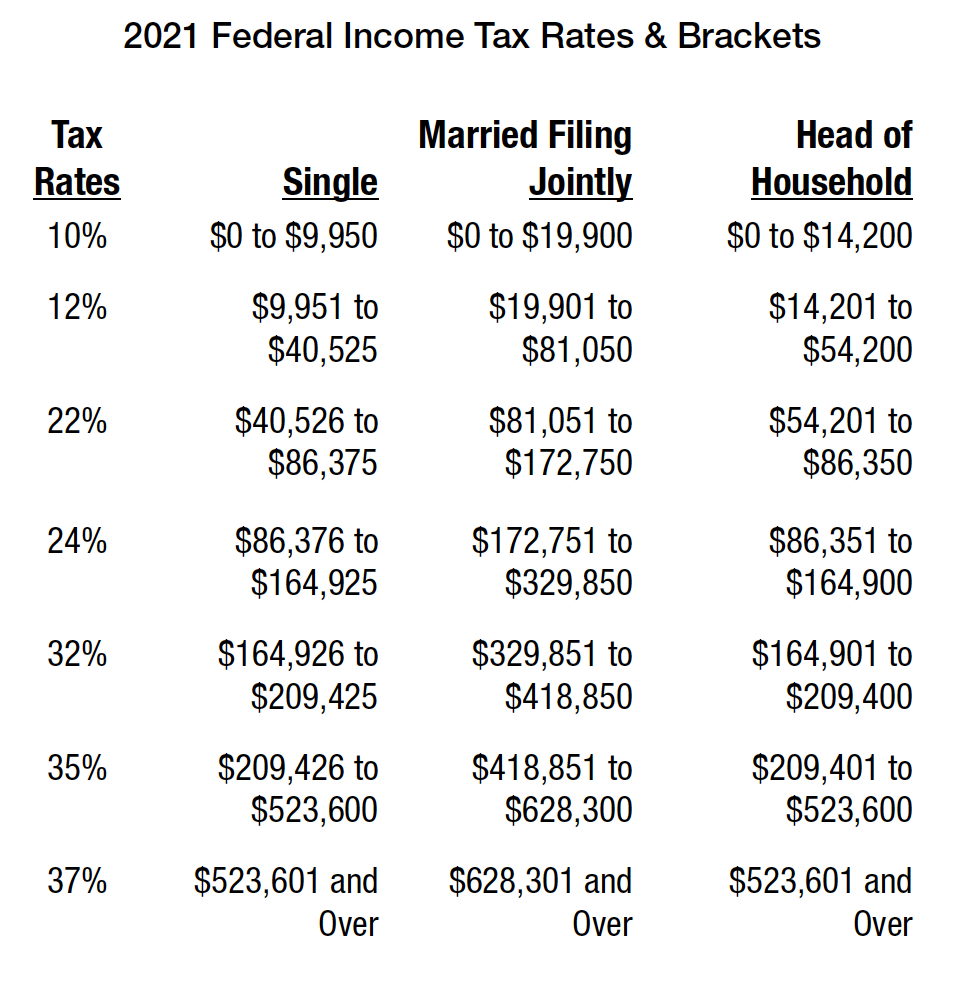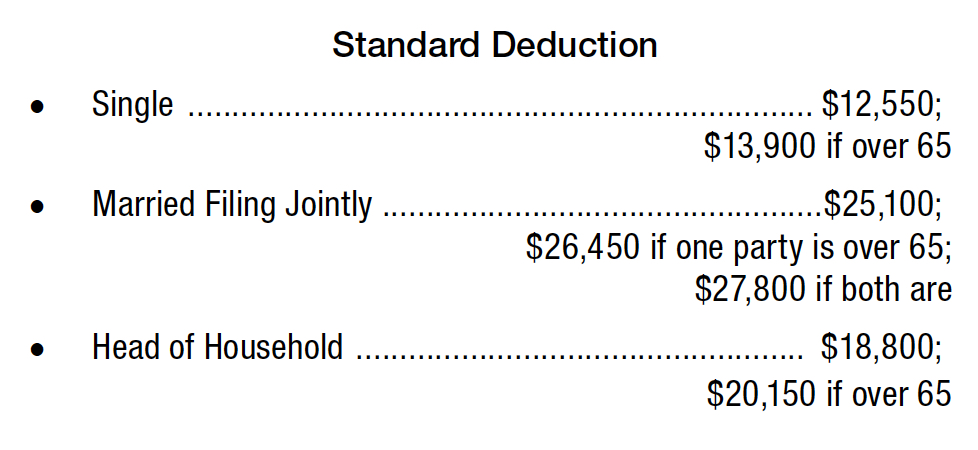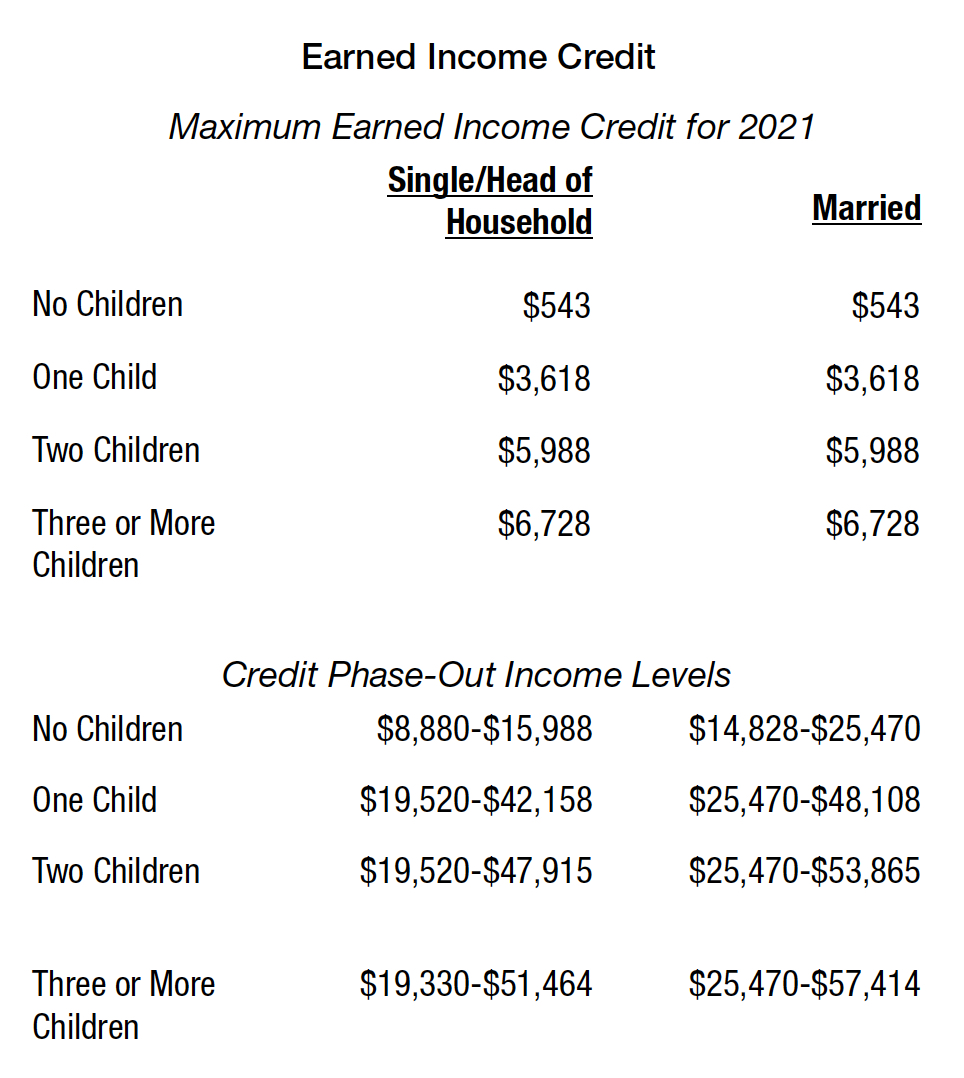View / Download March 2021 Article – PDF File
Tax Trends and Developments Column – Michigan Family Law Journal
The IRS released individual federal income tax information for 2018, which was the first tax year after enactment of the Tax Cuts and Jobs Act (TCJA) in December 2017. (Internal Revenue Service, Statistics of Income).
We frequently hear how the federal tax system is tilted toward the wealthy and was made more so by former President Trump’s TCJA. However, the 2018 data released by the IRS indicates that the federal income tax remains considerably progressive.
The following presents some of the information disclosed by the IRS.
The number of tax returns filed in 2018 increased from 2017. However, average tax rates fell across all income levels and total taxes paid declined by $65 billion.
The top 1 percent of taxpayers’ share of total taxes paid increased in 2018 by 1.6% to 40.1%. In fact, since 2001, the share of taxes paid by the top 1 percent rose from 33.2% of the total to 40.1%.
In 2018, the top 50 percent of taxpayers paid 97.1% of total taxes paid while the bottom 50% paid 2.9%.
And, the top 1 percent of taxpayers paid more of the total taxes than the bottom 90 percent combined.
The top 1 percent paid a 25.4% average rate of tax in 2018, while the bottom 50% paid an average of 3.4%. The top 1 percent paid an average tax of $426,639 for the year; the bottom 50% paid an average of $626.
As noted above, as a result of the TCJA, average tax rates declined for all taxpayers. The bottom 50% – making $43,614 or less – saw a 15% drop in their average tax rate from 4.0% in 2017 to 3.4% in 2018.
For the top 1 percent of taxpayers – making $540,009 or more – the average tax rate fell 9% – from 26.8% in 2017 to 24.4% in 2018.
President Biden has proposed increasing federal tax rates applicable to higher income taxpayers.
Former President Obama once proposed a tax on those with $1 million or more in income. This was embraced by some, including billionaire Warren Buffett, who stated the wealthy often pay at lower rates due to favorable tax treatment on capital gains from investments, which are not available to most wage earners.
Federal income taxes are frequently a subject of lively discussion. It brings to mind the old adage – “It depends on whose ox is being gored.”
About the Author
Joe Cunningham has over 25 years of experience specializing in financial and tax aspects of divorce, including business valuation, valuing and dividing retirement benefits, and developing settlement proposals. He has lectured extensively for ICLE, the Family Law Section, and the MACPA. Joe is also the author of numerous journal articles and chapters in family law treatises. His office is in Troy, though his practice is statewide.
View / Download March 2021 Article – PDF File
Complete Michigan Family Law Journal available at: Michigan Bar website – Family Law Section (subscription required)




